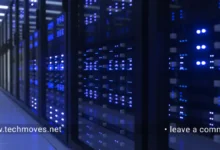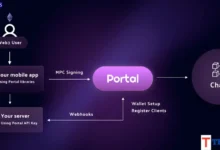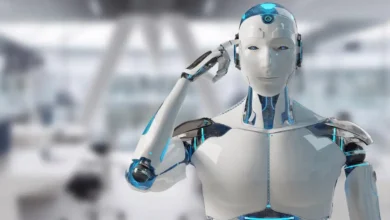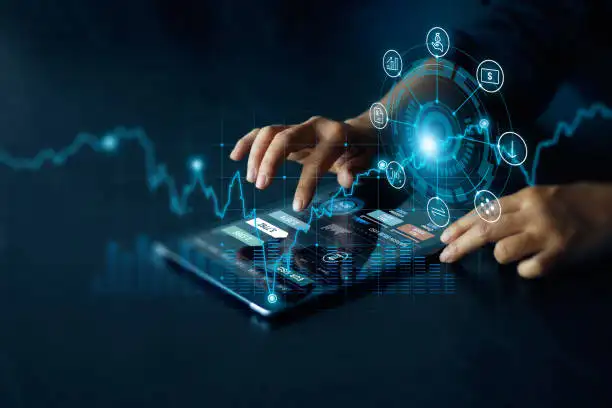
Introduction to Technology:
Revolutionizing the Modern World: The way we interact, work, and life has been revolutionized by technology, which has become an essential component of our everyday life. In the last few decades, advancements in technology have accelerated at an unprecedented pace, impacting almost every aspect of society. From smartphones and artificial intelligence to renewable energy and space exploration, technology continues to shape the modern world in ways unimaginable just a few years ago. In this note, we will explore the various facets of technology, its impact on society, and the potential challenges and opportunities it presents. (www.wikipedia.com)
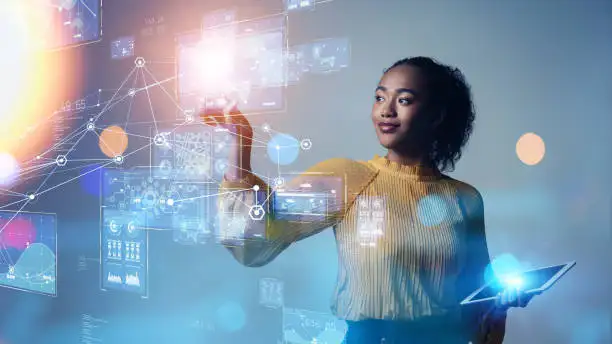
Communication and Connectivity:
The advent of the internet and mobile technology has revolutionized communication. We can now instantly connect with people across the globe through social media, email, messaging apps, and video conferencing. This seamless connectivity has transformed how we interact with others, conduct business, and share information. The rise of smartphones and high-speed internet has also led to the digitalization of various services, from online shopping to e-learning.
AI and Automation:
AI and automation have significantly impacted industries, from manufacturing and healthcare to finance and transportation. Machine learning algorithms can analyze vast amounts of data, enabling businesses to make more informed decisions and personalize user experiences. Automation has streamlined processes, increasing efficiency and productivity in many sectors. However, the rise of AI also raises concerns about job displacement and ethical considerations.
Ecological sustainability and renewable energy.
Renewable energy sources including solar, wind, and hydroelectric power have accelerated due to technological advancements. These alternatives to fossil fuels are crucial in combating climate change and reducing our carbon footprint. Innovative technologies also allow for more efficient energy storage and distribution, making renewable energy increasingly viable and accessible.
Healthcare and Biotechnology:
In the medical field, technology has led to breakthroughs in diagnostics, treatment, and research. Medical imaging, telemedicine, and wearable devices have improved patient care and monitoring. Gene editing and biotechnology offer potential solutions to previously untreatable diseases, but ethical concerns and data privacy issues must be carefully considered.
Space Exploration and Innovation:
Technology has opened up new frontiers in space exploration. Private space companies have made significant strides in launching rockets and satellites, with a focus on commercial space travel. Space technologies have also contributed to weather forecasting, global communications, and Earth monitoring, aiding in disaster response and environmental protection.
Education and E-Learning:
The digital age has transformed education, making learning accessible to people worldwide. E-learning platforms and online courses offer flexibility and opportunities for skill development. Virtual reality (VR) and augmented reality (AR) technologies are increasingly used in education, enhancing immersive learning experiences.
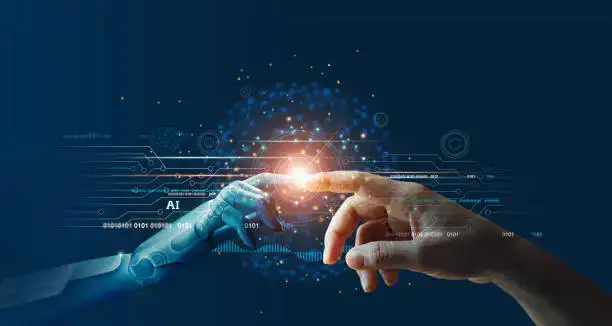
Security and Privacy Concerns:
The interconnected world brings with it new challenges in terms of security and privacy. Cybersecurity threats have increased, with hackers targeting sensitive information and critical infrastructure. Striking a balance between technological advancement and protecting user data and privacy remains a significant challenge.
Internet of Things (IoT):
The IoT refers to the interconnection of everyday objects and devices through the internet. From smart home appliances to industrial sensors, IoT technology has enabled greater automation and data collection. However, ensuring the security and privacy of these interconnected devices is a pressing concern.
Transportation and Autonomous Vehicles:
In the transportation sector, technology has given rise to electric and hybrid vehicles, reducing greenhouse gas emissions. Future transportation may be safer and more productive thanks to autonomous cars. However, regulatory and ethical issues, as well as concerns about job displacement, need to be addressed.
Entertainment and Gaming:
The entertainment industry has seen significant transformations with the rise of streaming services, online gaming, and virtual reality experiences. Content creators now have various platforms to showcase their work, and audiences have access to diverse and personalized entertainment options.

Summary:
Technology’s impact on the modern world is undeniable and continues to evolve rapidly. While it has brought about numerous positive changes, it also presents challenges that require careful consideration. Balancing innovation with ethical, social, and environmental concerns is crucial in harnessing the full potential of technology for the betterment of society. By embracing responsible and sustainable technological advancements, we can create a brighter future for generations to come.

